Links to vets in Guernsey
Local useful links
Website donated by:
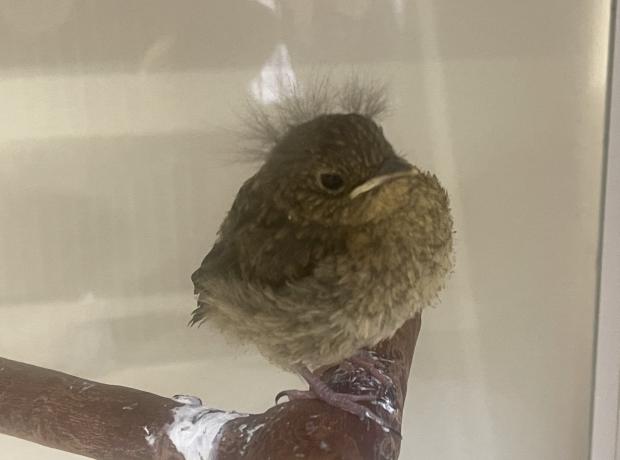
Spring is always a busy time for the GSPCA and we can all do something to help ensure the animals of Guernsey.
Steve Byrne GSPCA Manager said “The GSPCA with Spring fast approaching are already seeing orphaned baby birds and animals.”
“With birds especially in full swing of building their nests and some already nesting the GSPCA wants to share a number of important messages.”
“One has been recently shared by Song Bird Survival and the States of Guernsey on the importance of not putting out pet hair.”
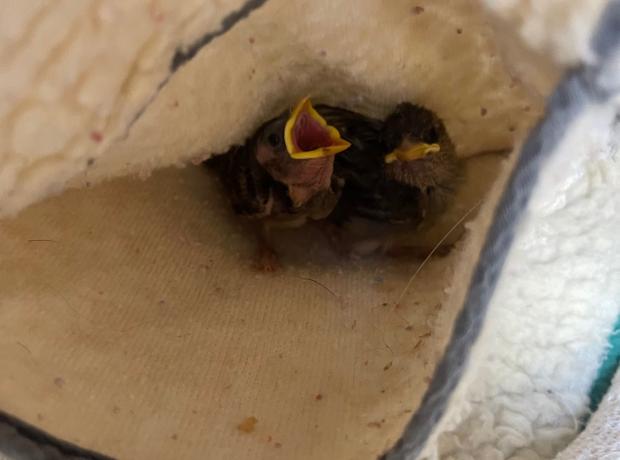
At the GSPCA we are extremely busy with the daily arrival Spring baby birds needing hand rearing that have been found or rescued.
Baby birds are always where possible best left in the wild to be raised by their parents.
Yvonne Chauvel GSPCA Animal Care Supervisor said “With the lovely weather and start of Spring we are fast filling with baby birds.”
“We’ve had a lot of ducking, baby doves, finches and a variety of others.”
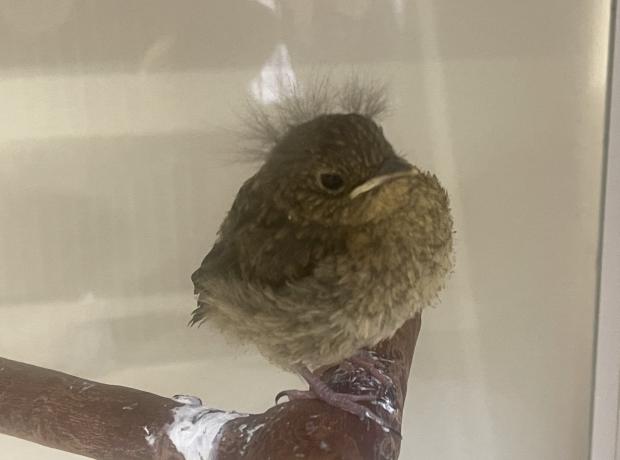
At the GSPCA we are extremely busy with the daily arrival Spring baby birds needing hand rearing that have been found or rescued.
Baby birds are always where possible best left in the wild to be rehabilitated by their parents.
Yvonne Chauvel GSPCA Animal Care Supervisor said “With the mild weather and start of Spring we are fast filling with baby birds.”
“We’ve had a lot of ducking, baby doves, robin chick, young blackbirds and a variety of others.”
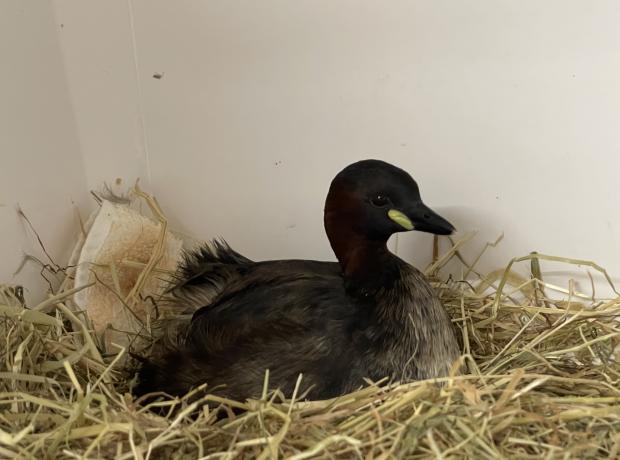
The GSPCA have been extremely busy in recent weeks with the arrival of the first Spring baby birds needing hand rearing that have been found or rescued.
Baby birds are always where possible best left in the wild to be rehabilitated by their parents.
Yvonne Chauvel GSPCA Animal Care Supervisor said “With the mild weather and start of Spring we have started to see the first baby birds of 2022.”
“We’ve had quite a few ducking and a variety of others.”

The GSPCA have been extremely busy in recent weeks with huge numbers of baby birds needing hand rearing that have been found or rescued.
Baby birds are always where possible best left in the wild to be rehabilitated by their parents.
Nicolle Morgan GSPCA Animal Care Assistant said “Very recently we have received a few birds nests full of baby birds varying from pinkies as in newly hatched to fledglings (almost fully feathered), mainly due to disruption from gardening activities.”
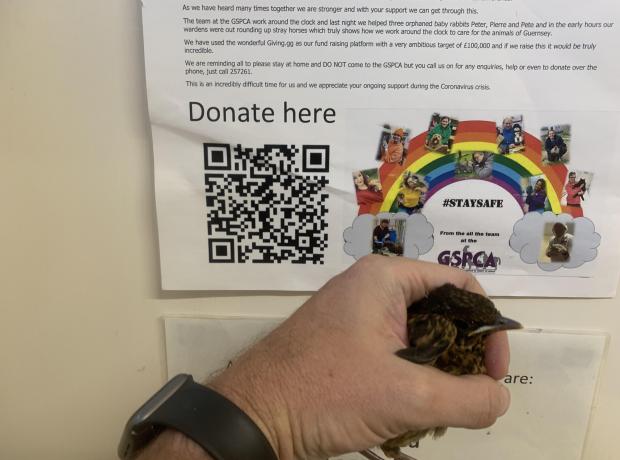
With Spring well underway the GSPCA are asking Islanders to please be mindful of the many fledglings popping up around the Bailiwick.
The GSPCA would like to remind that as a general rule, it is best to leave baby birds alone.
A baby bird has a greater chance of survival in the wild than it has being hand-reared by man as they learn to fend for themselves and how to forage for food by their parents.
Around 2 weeks after hatching young birds in your Bailiwick garden usually leave the nest, just before they learn how to fly.
The GSPCA has had an incredibly busy year in 2020 with baby birds of all shapes and sizes.
We are appealing for volunteers to make knitted nests for the baby birds in our care.
With our intensive care units bursting with young animals these nests really help keep young birds feel safe and keep them warm.
With Spring well underway the GSPCA are asking Islanders to please be mindful of the many fledglings popping up around the Bailiwick.
The GSPCA would like to remind that as a general rule, it is best to leave baby birds alone.
A baby bird has a greater chance of survival in the wild than it has being hand-reared by man as they learn to fend for themselves and how to forage for food by their parents.
Around 2 weeks after hatching young birds in your Bailiwick garden usually leave the nest, just before they learn how to fly.


